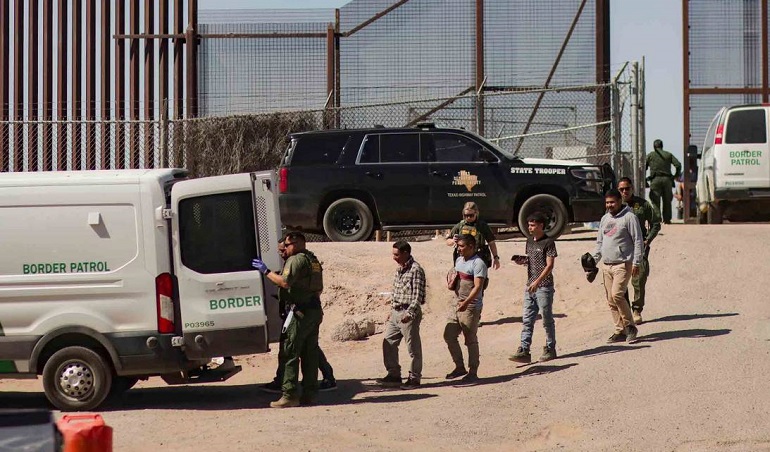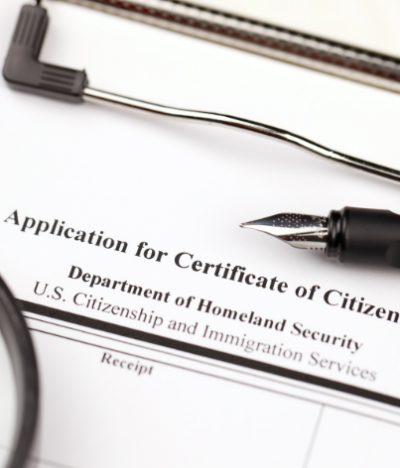The Future of Immigration in the U.S.: Potential Impacts Under Trump or Kamala
By Héctor Benítez Cañas
With the upcoming presidential elections in the United States, immigration once again becomes a central issue in the political debate. The main candidates, Donald Trump and Kamala Harris, represent diametrically opposed visions that could deeply transform immigration policy and affect or benefit millions of people in the coming years.
Trump: A Restrictive Immigration Policy
During his first term, Donald Trump pushed forward a series of restrictive measures, including the “zero tolerance” policy, family separations at the border, and visa limitations. If he returns to power, it is likely that he will reinstate these policies and intensify others, such as re-implementing the “public charge” rule, which could disqualify low-income immigrants. Mass deportations and the elimination of Temporary Protected Status (TPS) are also expected, all in an effort to reduce irregular migration.
These proposed measures are clearly focused on responding to the demands of American citizens who are calling for greater control over the increase in illegal immigration and rising insecurity. The migration surge has raised concerns about the impact on the job market, the welfare system, and the strain on public services in certain areas. As such, Trump aims to implement stricter control measures, which his supporters argue the current government has failed to effectively establish. With these policies, the goal is to curb irregular migration, although at the cost of tightening conditions for migrants seeking better opportunities.
Harris: A More Inclusive Approach
In contrast, Kamala Harris proposes comprehensive reform that would offer a path to citizenship for millions of undocumented immigrants. Harris advocates for family reunification and the expansion of programs like DACA, as well as improvements to detention centers. Her plan seeks to make permanent residency easier and shorten waiting times for visas.
However, these proposals have raised concerns among many U.S. citizens, as there is fear that such open measures might incentivize more immigrants to enter the country illegally. The possibility of overwhelming public resources and services, as well as an increase in insecurity in several states, is one of the main criticisms. The way Harris plans to embrace immigration without clear restrictions has alarmed conservative sectors, who fear that the situation could spiral out of control, with negative implications for social and economic stability.
Without taking a political stance, the outcome of these elections will be crucial for those immigrants seeking legality and stability in the U.S.






